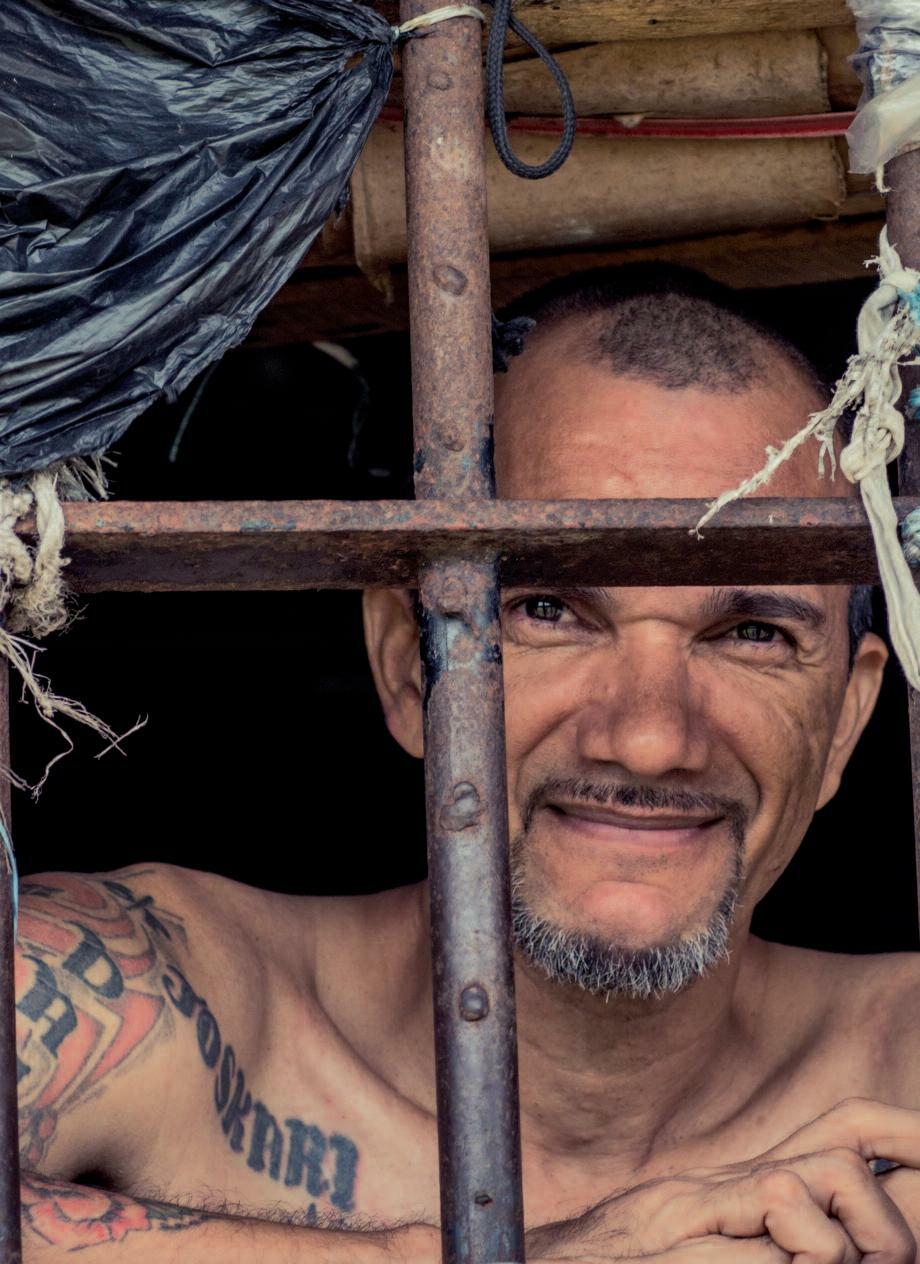
1 minute read
Prison trends
The COVID-19 pandemic surprised most governments due to its rapid spread, complexity and intensity. Caught off guard and unprepared, the authorities reacted. Our monitoring work allowed us to identify major trends
One of the first measures implemented was the suspension of visits. In response to these restrictions, several incidents erupted, and, in Italy, prisons went up in flames. Protest movements, both inside and outside, subsequently broke out across the entire world
Advertisement
Measures deemed “compensatory” were implemented. In Brazil and Thailand, computers and tablets were provided for the first time. Video calls were authorised, a relief for many families. Yet access was unequal: internet connections were bad, equipment defective or quantities limited
Problems, such as the short time allowed for conversations, and their lack of privacy, were flagged.
In France, 50 additional euros of telephone credit were allocated to each prisoner While cell phones are typically prohibited in prisons, Chile authorised their use to guarantee prisoners’ rights to maintain ties with their loved ones A similar policy was implemented in the Buenos Aires province of Argentina.
In many countries, visits are the sole source of food, medicine and goods for incarcerated people. In Argentina and Brazil, prison food is of poor quality and health and personal care products insufficient: the quality of one ’ s life inside depends on outside packages. The pandemic has made deliveries more complicated and costly, if not impossible.
Where they are starting up again, family visits are subject to constantly changing health protocols: temperature checks for visitors, disinfection of visit rooms, installation of barriers (Plexiglas dividers), and mandatory masks. These constraints, which differ from one country to another, from one institution to another, and from one week to the next, weigh on the morale of prisoners and their loved ones In Belgium, some people have chosen not to bring their children on visits as long as physical contact is prohibited. Because of their age, children are sometimes prevented from visiting. In Chile, certain incarcerated women have not seen their children for nine months. This may cause irreparable damage








